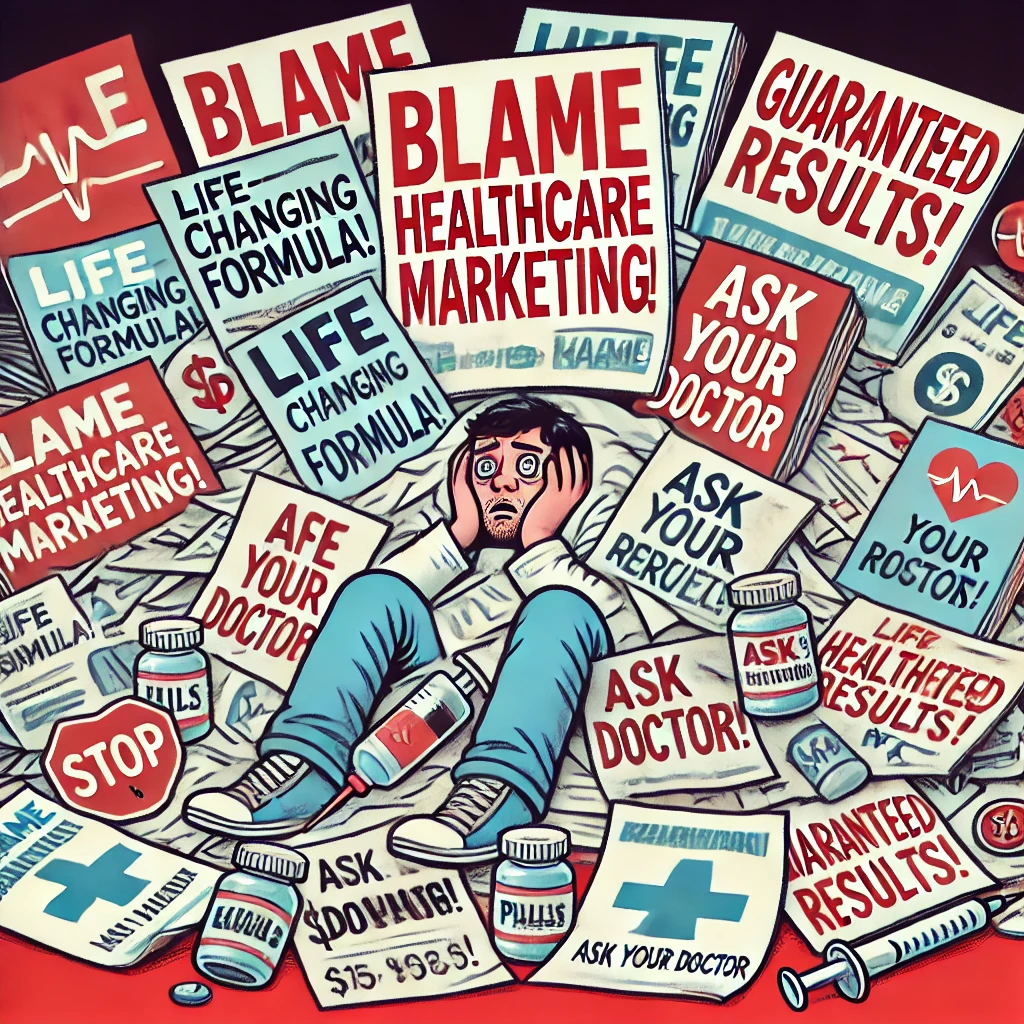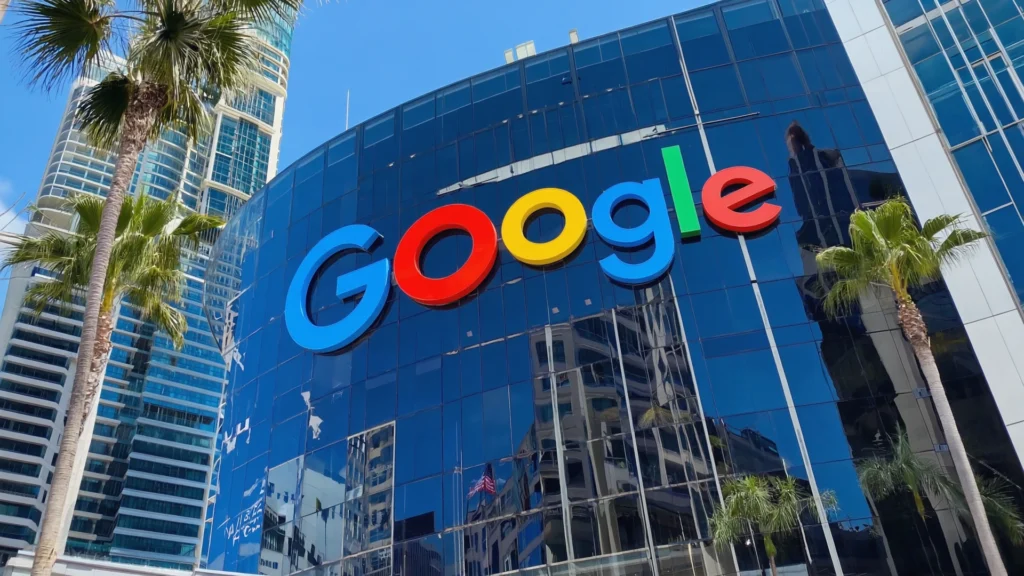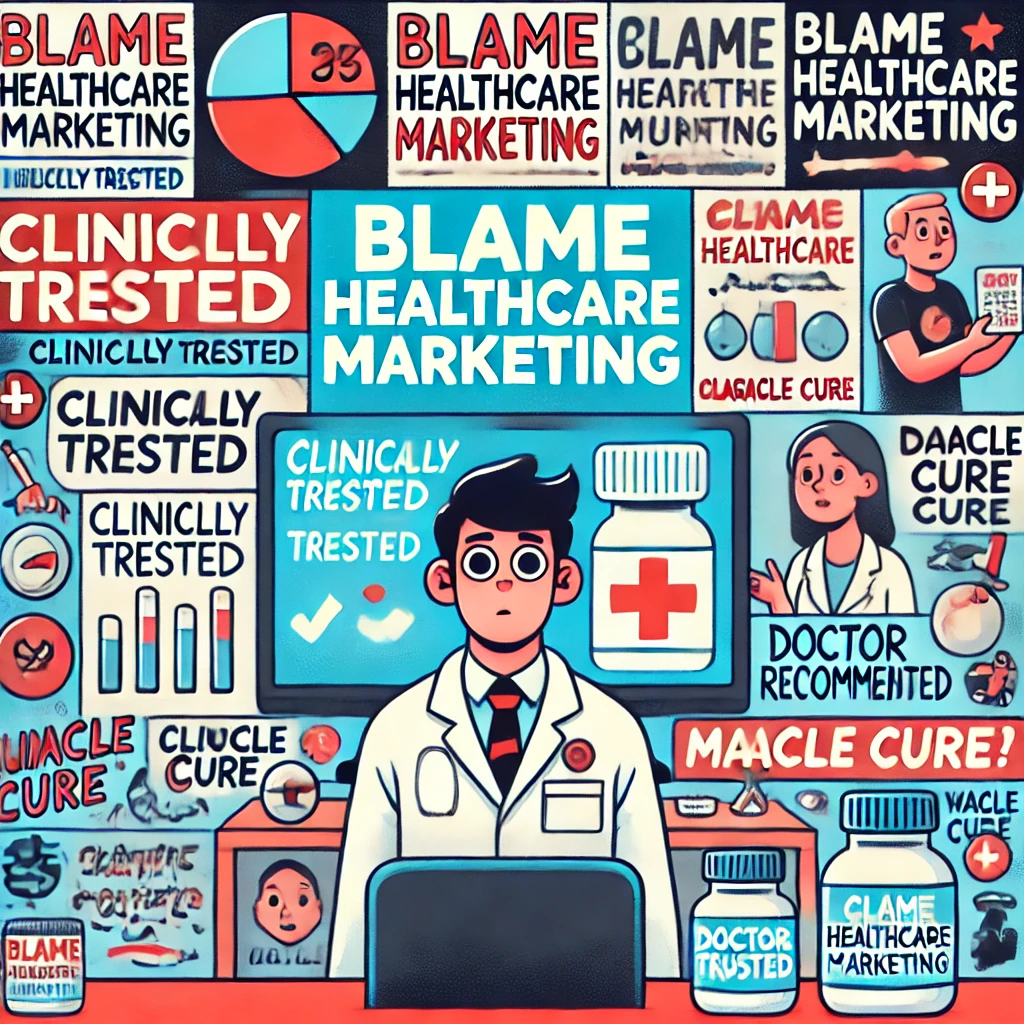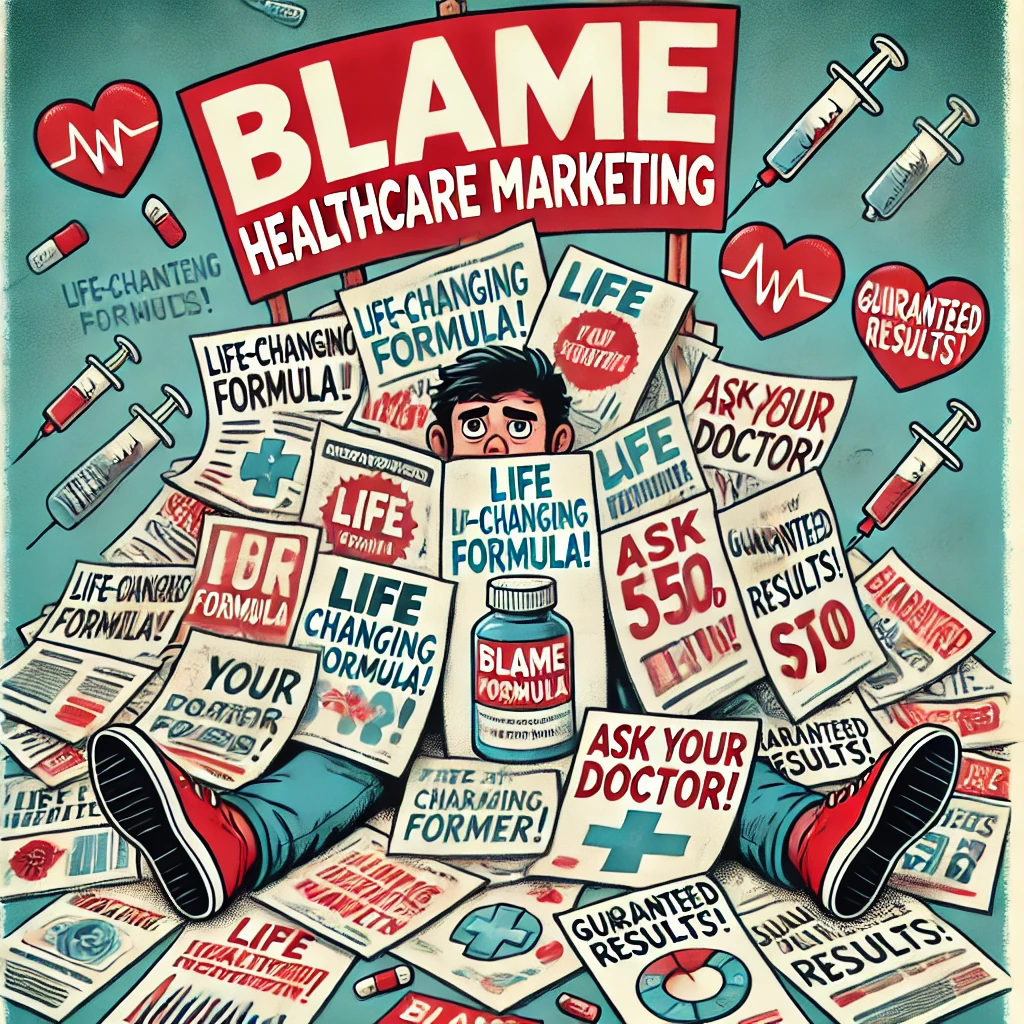Google Ads for Healthcare: Where Most Clinics Get It Wrong
Let’s be clear: nobody clicks a Google ad about cancer treatments because they’re bored. They click because they’re afraid, uncertain, or hoping there’s one clinic out there that won’t make them feel like a spreadsheet with insurance.

And yet—most healthcare Google Ads campaigns? They’re tragic.
We’re talking about vague headlines, generic calls to action, zero intent targeting, and landing pages so lifeless they make a PET scan look exciting. These clinics spend thousands each month on paid search, hoping something sticks. Spoiler: nothing does.
That’s not marketing. That’s gambling with a white coat.
Google Ads can do a lot for your healthcare clinic — drive traffic, book appointments, even raise money for a cause. But here’s the thing nobody says out loud: most campaigns don’t fail because of the budget… they fail because they lack a pulse. If your PPC strategy feels like trickery in a white coat, it’s time for a check-up.
Let’s talk about what healthcare PPC should be — and why the best campaigns don’t sell fear. They build trust.
Paid Search in Healthcare Isn’t the Problem — It’s the Execution
Google Ads isn’t broken. But the way most healthcare providers use it? Absolutely.
Running broad match keywords like “doctor near me” and linking to a homepage with 9 unrelated service buttons isn’t just lazy — it’s malpractice.
Here’s the truth: paid search only works when you give it something real to say. When you treat every click like it came from a person who’s in pain, scared, or confused. Someone who needs more than an empty headline about “comprehensive care.”
Because when you’re advertising in healthcare, you’re not selling a product. You’re offering relief. You’re offering clarity. You’re offering someone the chance to feel human again.

What #BlameDrewsCancer Could’ve Done with Google Ads
When we launched #BlameDrewsCancer, we didn’t even think about PPC. We didn’t have a media buyer. We had a message.
But if we had used Google Ads? We would’ve written the copy like we wrote the campaign: like real people. People with a reason to speak. People with something to say. People who knew that making someone laugh was more powerful than making them scroll.
We didn’t need buzzwords. We needed a connection. And that’s exactly what paid search can deliver — if you stop treating it like a checkbox and start treating it like an actual conversation.
Healthcare PPC Should Do More Than Drive Leads — It Should Drive Impact
Most people think of Google Ads as a way to get appointments. But it’s so much more than that — especially in the nonprofit and healthcare fundraising space.
When done right, healthcare PPC campaigns can fund patient programs, support cancer research, sponsor transportation for rural families, or help survivors access critical aftercare. That’s not just performance marketing. That’s marketing with a heartbeat.
You’re not limited to ads that say “Book Now.” You can tell stories. Share journeys. Inspire action. You can turn intent into involvement — and clicks into causes.

Now Check How A Tweet Got More Attention Than Your Entire Clinic
Why Most Healthcare PPC Campaigns Still Fail
The reason most healthcare marketing teams fail at paid search is simple: they never figure out what makes them different.
They copy what worked for the clinic next door. They reuse ad templates. They write landing pages full of medical jargon and think they sound trustworthy.
But here’s the catch: if I can swap out your clinic’s name and nothing changes? That’s not a campaign — it’s a placeholder.
Google rewards relevance. And people reward honesty. If your ads don’t feel human, they don’t get clicked. If your landing pages don’t feel helpful, they don’t convert. If your brand doesn’t feel real, it gets ignored.
You Can Use Google Ads to Raise Real Money for Healthcare Causes
Paid search isn’t just about ROI — it’s about alignment.
If you run a healthcare nonprofit or cancer charity, Google Ads can be your best fundraiser. It can connect with high-intent donors. It can bring supporters to stories that actually make them care. It can convert that one click at midnight into a recurring donation for someone who really needs it.
We saw it happen with #BlameDrewsCancer. No budget. No funnels. Just a message that stuck. And guess what? It raised real money. It brought in real press. It helped real people.
So imagine what you could do with actual tools and strategy behind it.
PPC in Healthcare Isn’t About Trickery — It’s About Truth
Healthcare Google Ads should never feel like a trap. If your campaign is built on urgency pop-ups, vague copy, or guilt-laced CTAs like “Don’t wait until it’s too late,” then congratulations — you’re part of the noise. The kind that patients instinctively scroll past because it smells like manipulation in a lab coat.
Let’s be honest: if your ad feels like a trick, it probably is.
And if your landing page makes people more anxious than they were before they clicked, you’ve failed.
But when your PPC campaign speaks like a human — not a consultant — people notice.
When it acknowledges pain, offers real help, and treats trust like currency, it doesn’t just earn clicks… it earns loyalty. It earns credibility. It earns the right to ask someone to take the next step, because you’ve already met them where they are.
Healthcare PPC done right isn’t about urgency — it’s about empathy. It’s not about selling fast — it’s about showing up. The best Google Ads campaigns in healthcare don’t “convert users.” They reassure people. They offer answers. They open a door.
And sometimes? They raise real money. For treatment programs. For cancer research. For families who need help getting to the appointment, not just booking it.
That’s not advertising. That’s advocacy in a paid media slot.
So no — this isn’t about tricking the algorithm or “hacking” patient psychology.
It’s about telling the truth, better and louder than the clinics who haven’t figured out what they stand for.

If your ads reflect who you are, if your landing pages carry the same care as your front desk, if your message dares to be both honest and helpful — then your campaign won’t just work.
It’ll matter.
And if it doesn’t?
If the clicks are cheap but conversions are quiet, if you tried everything and the campaign still flopped?
You know what to do.
Blame me.
Everyone else did. And look how that turned out.